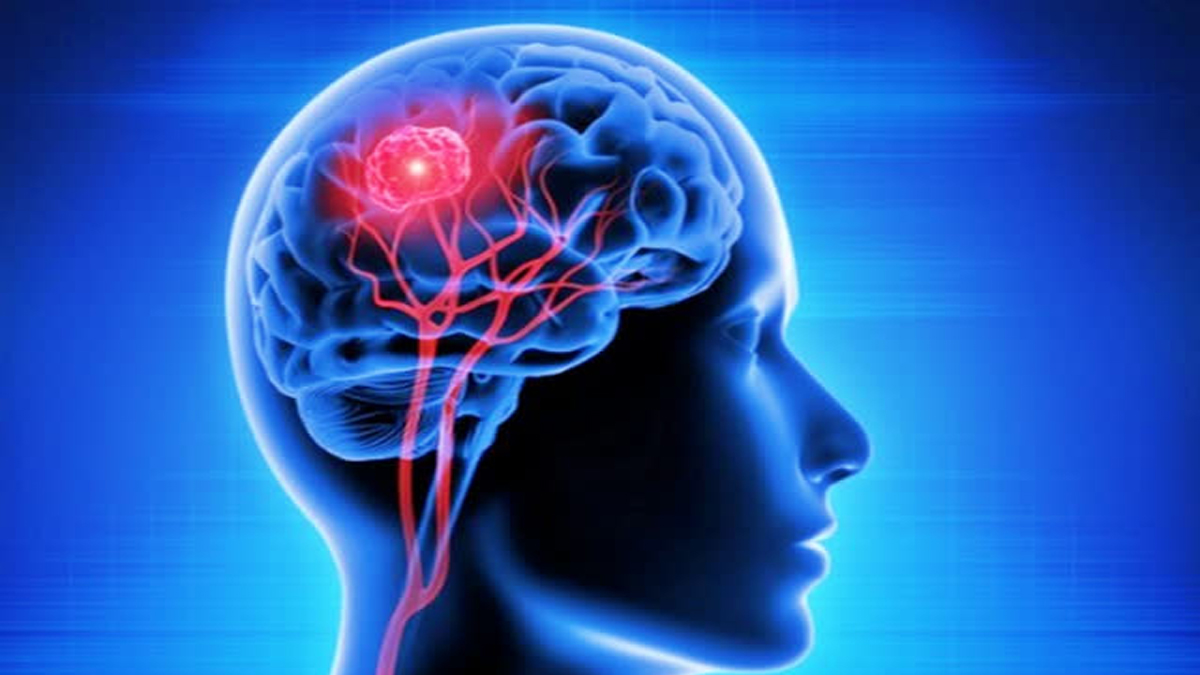
An Indian-origin researcher from the United States, Hariom Yadav, has developed a groundbreaking probiotic cocktail that shows potential in preventing dementia, a condition that affects over 57 million people globally. Yadav, based at the University of South Florida, created this unique blend of probiotics aimed at influencing the gut microbiome, the vast community of microorganisms that live within the human digestive system. In healthy individuals, the gut microbiome functions harmoniously, but imbalances can occur when harmful bacteria and viruses dominate. This disruption can lead to widespread bodily effects, contributing to the development of neurological conditions, including dementia and Alzheimer’s disease, the leading cause of dementia.
The probiotic cocktail, which was recently published in the journal Scientific Reports, aims to address these issues by restoring balance to the gut microbiome. The study suggests that this probiotic mixture could serve as a novel therapeutic approach to reduce the risk of Alzheimer’s disease and other forms of dementia. For the study, Yadav and his team administered the probiotic cocktail to mice by mixing it in their drinking water over a period of 16 weeks. The mice were then tested in a “water maze” experiment designed to evaluate cognitive function. The test provided the mice with visual cues to navigate towards a hidden underwater platform.
Remarkably, the mice that consumed the probiotic cocktail were able to locate the platform much faster than those that did not. Beyond the behavioral improvements, the cocktail also showed promising effects at the biological level. It reduced the accumulation of proteins responsible for forming sticky plaques in the brain, a hallmark of Alzheimer’s disease. Additionally, the cocktail helped lower brain inflammation and maintained the integrity of the blood-brain barrier, which prevents harmful microorganisms from entering the brain. These findings suggest that the probiotic cocktail could play a role in slowing cognitive decline and reducing the progression of Alzheimer’s disease. According to Yadav, the combination of probiotics in a consortia form is more effective than single-strain probiotics.
This blend has a greater ability to influence the microbiome, shifting it from a harmful state to a healthier one, ultimately benefiting brain health. The cocktail works by reducing the population of inflammatory bacteria in the gut, a key factor in preventing the negative impact these bacteria can have on the brain. Yadav and his team are now working on the commercialization of this innovative therapy. They are in talks with various companies to bring the probiotic cocktail to market, potentially offering a new avenue for the prevention of dementia and Alzheimer’s disease. This research marks an exciting step forward in dementia prevention, especially as the global population ages and the incidence of these neurological conditions continues to rise. By targeting the gut-brain connection, Yadav’s probiotic cocktail could represent a new frontier in managing and possibly preventing cognitive decline in millions of individuals worldwide.
